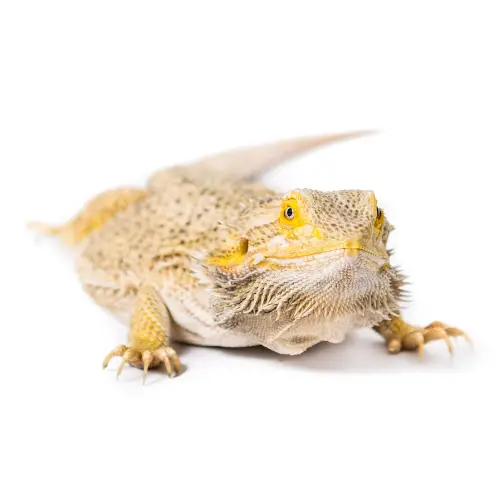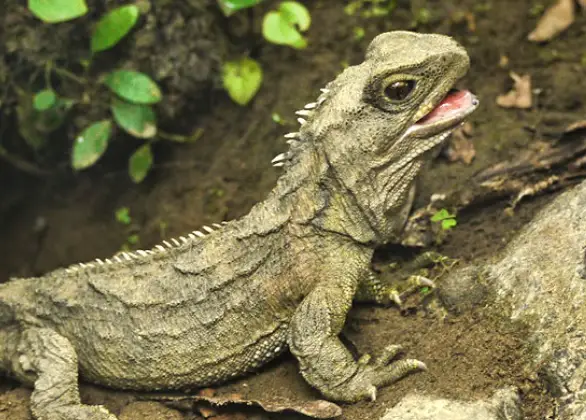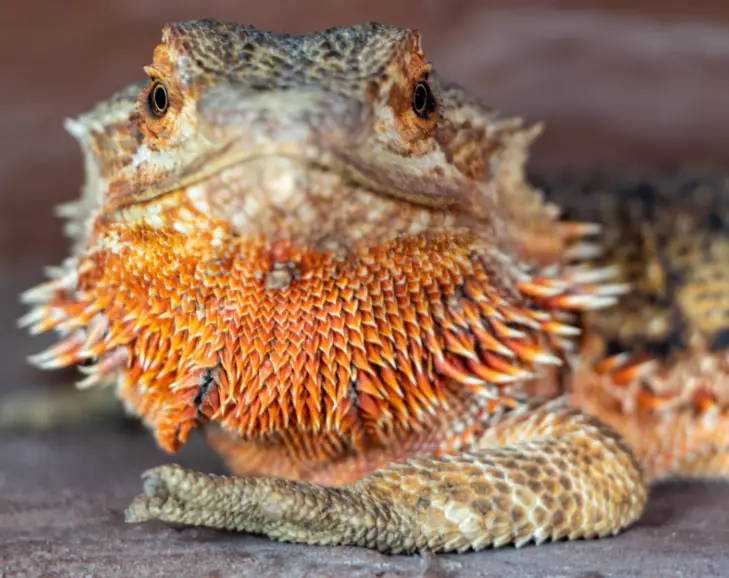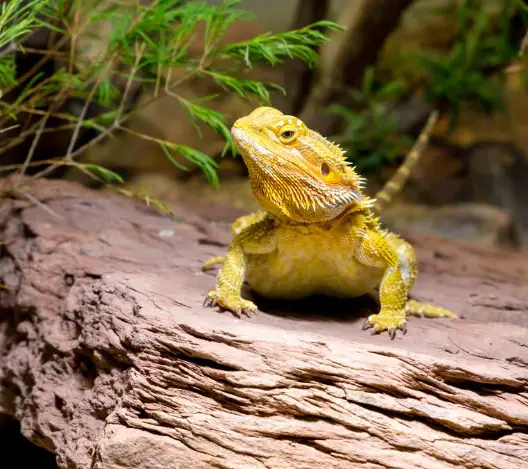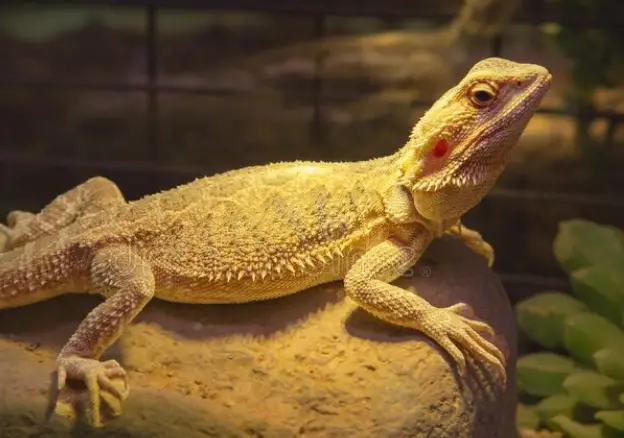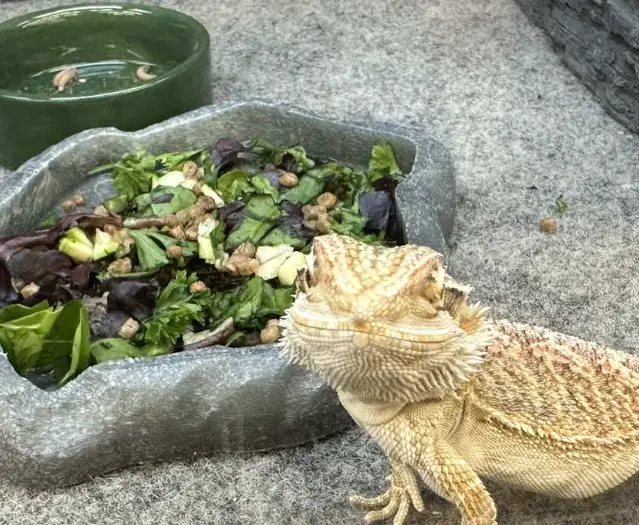Bearded dragons are one of the most popular pet reptiles, and for good reason. They are docile, fun to watch, and relatively easy to care for. One question that many bearded dragon owners have is whether or not their pet can recognize them. In this article, we will explore this topic in-depth, answering questions like “Can bearded dragons recognize their owners?” and “What clues suggest that a bearded dragon can recognize its owner?”.
Can bearded dragons recognize their owners?
Bearded dragons, like other reptiles, do not possess the same level of social cognition and recognition abilities as mammals such as cats or dogs. While they may not have the same capacity to recognize their owners in the same way, they can become accustomed to familiar faces and associate them with positive experiences, such as being fed or receiving attention.
Bearded dragons have relatively simple brains compared to mammals, and their social interactions are primarily based on instinctual behaviors. They may become familiar with their owners over time and respond to their presence by displaying relaxed or curious behaviors. However, their response is more likely a result of associating the owner’s presence with positive experiences rather than true recognition.
It’s important to note that each bearded dragon is unique, and their individual personalities and experiences can influence their behavior and interactions with their owners. Some bearded dragons may show more apparent recognition of their owners than others, but it’s generally not on the same level as the recognition shown by mammals.
How do bearded dragons recognize their owners?
Bearded dragons are known for their relatively high level of intelligence and their ability to form bonds with their owners. While they may not have the same level of recognition as some other animals, such as dogs or cats, they can still become familiar with their owners and show signs of recognition. Here are a few ways bearded dragons might recognize their owners:
- Visual cues: Bearded dragons have excellent vision and can distinguish between different individuals based on visual cues. They may become accustomed to the sight of their owners and associate their appearance with positive experiences, such as feeding or interaction.
- Scent recognition: Bearded dragons have a keen sense of smell and can differentiate between different scents. They may become familiar with their owner’s scent over time, especially if the owner frequently handles the dragon or spends time near their enclosure. The dragon may associate the owner’s scent with safety and comfort.
- Associative learning: Bearded dragons are capable of associative learning, which means they can associate certain stimuli or actions with positive or negative experiences. If an owner consistently provides food, gentle handling, and positive interactions, the bearded dragon may learn to associate those actions with their owner and show signs of recognition and trust.
- Behavioral response: Bearded dragons can exhibit behavioral responses when they see their owners. They may become more alert, display relaxed body language, and approach the front of the enclosure when their owner is nearby. Some bearded dragons even show excitement or display signs of recognition by bobbing their heads or waving their arms.
It’s important to note that individual bearded dragons may have varying degrees of recognition and attachment to their owners. Some may bond more closely and demonstrate stronger recognition, while others may be more indifferent. Building a bond with a bearded dragon takes time, patience, and consistent positive interactions.
What clues suggest that a bearded dragon can recognize its owner?
There are several clues that can suggest that a bearded dragon recognizes its owner. For example, if your bearded dragon becomes alert or excited when it sees you, responds to your voice or touch, or approaches your hand when you reach into its enclosure, these could be signs that your pet recognizes you and is happy to see you.
How can you strengthen the bond between you and your bearded dragon?
There are several things you can do to strengthen the bond between you and your bearded dragon. Spending time with your pet, handling it gently, and providing regular feedings and cleanings are all important steps. You can also try hand-feeding your bearded dragon, talking to it regularly, and taking it out of its enclosure for supervised playtime.
Can bearded dragons show affection towards their owners?
Yes, bearded dragons can show affection towards their owners. They may crawl onto your lap for petting, snuggle up against you, or even lick your fingers. Some bearded dragons also enjoy being held and will relax in your arms.
What are some signs that your bearded dragon is happy and content?
There are several signs that your bearded dragon is happy and content. For example, if your bearded dragon is active, alert, and curious, it is likely feeling good. Additionally, a bearded dragon that is well-fed, clean, and has plenty of space to explore is more likely to be happy than one that is living in cramped or dirty conditions. Finally, a bearded dragon that is comfortable with its owner and enjoys being handled is likely to be a happy and content pet.
Conclusion
In conclusion, bearded dragons can recognize their owners and form strong bonds with them. By spending time with your bearded dragon and providing it with the care and attention it needs, you can strengthen your bond with your pet and enjoy many happy years together. Remember to be patient and gentle with your bearded dragon, and to give it plenty of opportunities to explore and play. With the right care and attention, your bearded dragon can become a loyal and affectionate companion for many years to come.
